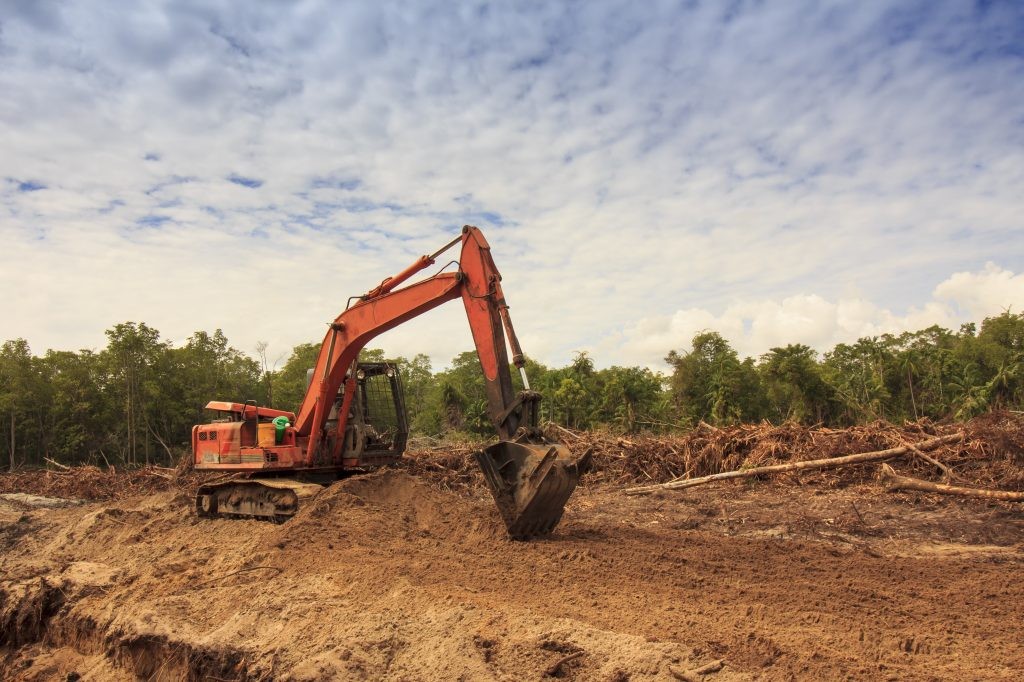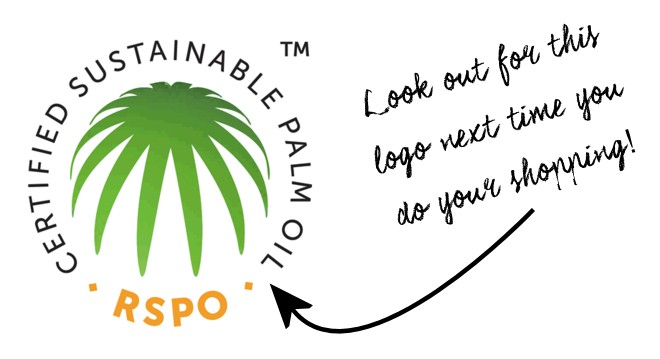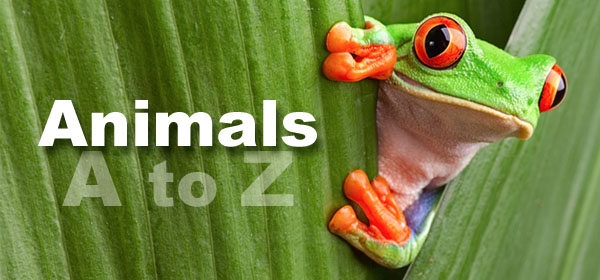It is thought that palm oil is represented in around 50% of packaged food goods, and thanks to eu legislation in 2011, companies must state in their ingredients not only that they are using vegetable oil, but to specify which type. However it is still possible for palm oil usage to be disguised using terms such as:
Palm oil kernel, palmitate, cocoa butter equivalent (CBE), cocoa butter substitute (CBS), palm olein and palm stearin.
If terms such as the above are used, there is a fair chance that their attempts to disguise their use of palm oil will equate to them not using a sustainable source of palm oil. Sadly most companies don’t advertise clearly that they use palm oil from sustainable sources and as such it can be difficult to make an informed decision.
This is however a subject which we are passionate about and as such in 2018 changed our policy to actively seek out documentation from all of our food suppliers to be able to trace our palm oil usage.
As a result we are able to confidently claim that as of 2018 our catering facilities use sustainably sourced and certified palm oil in 100% of our products. Please read our sustainable palm oil use policy below to see how we have done this:
Sustainable Palm Oil Use Policy
Last Updated 25th August 2019
What is palm oil?
Palm oil is a vegetable oil which is derived from the fruit of the oil palm (usually the African oil palm, American oil palm or maripa palm). The two types of palm oil are palm kernel oil which is extracted from the central seed / nut of the fruit and palm oil which is extracted from the pulp of the fruit.
Why is palm oil considered to be so bad?
Palm oil is considered to be a negative by various organisations and people, for a variety of reasons. We will just be looking at the environmental impact.
As demand for this oil has increased as both a cooking oil and as a bio diesel, plantations have been popping up and replacing the rainforest in all tropical countries. When you fly into places such as Kuala Lumpur for example, from the sky you approach a beautiful, lush green paradise, and it is only on closer arrival that you notice that it is palm plantations as far as the eye can see. You wonder to yourself why it is so bad to have this lush vast landscape, until you realise that barely anything nests in these trees and barely anything can eat the fruits and leaves. Having stood in such plantations ourselves, just a few miles away from the rainforest, the difference in the sounds you can (or can’t) hear is astounding. Oil palm plantations look beautiful but are devoid of most wildlife.
It is not just the long term affects of the plantations being where they are which are a negative associated with the process, but to plant these palms, acres upon acres of rainforest are cut or burned to the ground with no regard for the animals which may still be in these areas of the forest.

How is sustainable palm oil different?
Sustainable palm oil is exactly the same product however it must adhere to a number of rules to be classified as being sustainable including being given specific licenses by the government for the land use, minimising environmental impact, supporting wildlife crossing through or living around the plantations and using old farmland rather than converting areas of forest. This last one is the most important and impactful.
Shouldn’t we just ban palm oil?
This seems like the logical step if production is so harmful for the environment, however it is possible that other vegetable oils could be even more harmful. In terms of productivity levels per hectare of crop, oil palm is the most productive vegetable oil crop available today with the next one behind this being coconut, which is only 45% as productive as oil palm. Soybean oil (which has around 23% of the vegetable oil market, often grown in the USA) fares even worse, being only 7% as productive as oil palm.
There is the argument that these crops can be grown elsewhere in the world and as such production would not be limited to tropical countries, however if palm oil were banned, these producers would need to grow something else instead, taking up even more rainforest space.
Finally it is such a huge part of the economy in the countries who produce it that even if the UK, Europe or even a combination of Europe and the USA were to ban the products, the Asian market is still the largest in the world for the consumption of palm oil, and this market is unlikely to be banned locally.
Palm oil is the lesser of many evils, and the focus needs to be on making current palm oil practices as sustainable, controlled, accountable and productive as possible to ensure that the damage which the industry has made remains stable where it is and does not get worse.
What is Wingham Wildlife Park doing to help?
Wingham Wildlife Park only uses products which contain either sustainably sourced and produced palm oil, as certified by the RoundTable on Sustainable Palm Oil or which use alternative (and still sustainably sourced – such as local alternatives) vegetable oils.
However, we go one step beyond this and not only look at the certificate but also at the application which these companies send to RSPO where they have to declare how much of their palm oil is sustainable and how much is not. We do not assume that because a company is certified that 100% of their palm oil is sustainable, as this is not the case.
What we do is look at the RSPO Annual Communications of Progress and find section 2.2.5 which will tell us all of the palm oil and palm kernel oil which they used for that year. We then go to the next page and look at the table 2.3 and add up the figures in rows 2.3.3 and 2.3.4 (telling us how much mass balanced palm oil & palm kernel oil and how much segregated palm oil & palm kernel oil they used in that year). This number should be equal to the number in 2.2.5. If it is not, then it means that less than 100% of their palm oil is sustainable.
Example:
Nestle in 2017 submitted a report which stated that they used 459,236 tonnes of palm oil and palm oil products in that year (315,099 tonnes of palm oil and 144,137 tonnes of palm kernel oil). They then said that they used 82,801 tonnes of segregated palm oil and 6,430 tonnes of palm kernel oil making a total of 89,231 tonnes of sustainable RSPO certified palm oil in that year. This only accounts for 19% of their palm oil used.
As a result we do not stock any products by Nestle which contain palm oil and why we stopped selling our best selling chocolate bar, the Kit kat.
We are also supporting a campaign by Wingham Wildlife Park Animal Welfare (WWPAW), registered charity number 1162346 to firstly encourage the UK’s major supermarket chains to only used 100% sustainable palm oil in their products using the method given above, and secondly encourage the RoundTable on Sustainable Palm Oil to change their certification standard to make it easier for consumers to know how sustainable their purchases are.
This campaign is done using an online form which people can complete and automatically send an email to these organisations on behalf of members of the public. We host this online system for them on our website.
What more does Wingham Wildlife Park aim to do for the future?
At the moment we count mass balance as acceptable in our sustainability policy however feel that it is simply an excuse which does not tackle the problem. It allows companies to use a mix of sustainable and unsustainable palm oil, paying an extra levy on the unsustainable palm oil allowing that sustainable palm oil to be used elsewhere at a lower rate, again as mass balanced. It is thought that this way all of the sustainable oil is still used to encourage sustainable growers, however also does not do anything to discourage the unsustainable palm oil, allowing users of palm oil products to take the “easy route” as opposed to the “moral route”.
Once more work has been done to make people and companies aware of this through our work with WWPAW we wish to remove mas balance from our stocked items, however at present this is proving too difficult to do, especially when working alongside our plastic policy. We are trying to decrease our single use plastic usage and at present the only companies selling cakes with only certified segregated palm oil for example are those which are individually wrapped.
Balancing business and sustainability is a difficult juggling act and we hope that through our advocacy work with WWPAW that this juggling will become easier and more practical.
What can you do to help?
For the average consumer it is very difficult to known just how sustainable your goods are, however, a great place to start is to look for the RSPO logo on items you’re buying or to search for RSPO members on their website.

However, if you want to do a little more and would like to make it easier for people to know what they’re buying, please feel free to support WWPAWs campaign, which is as easy as entering your name, email address and clicking send!


